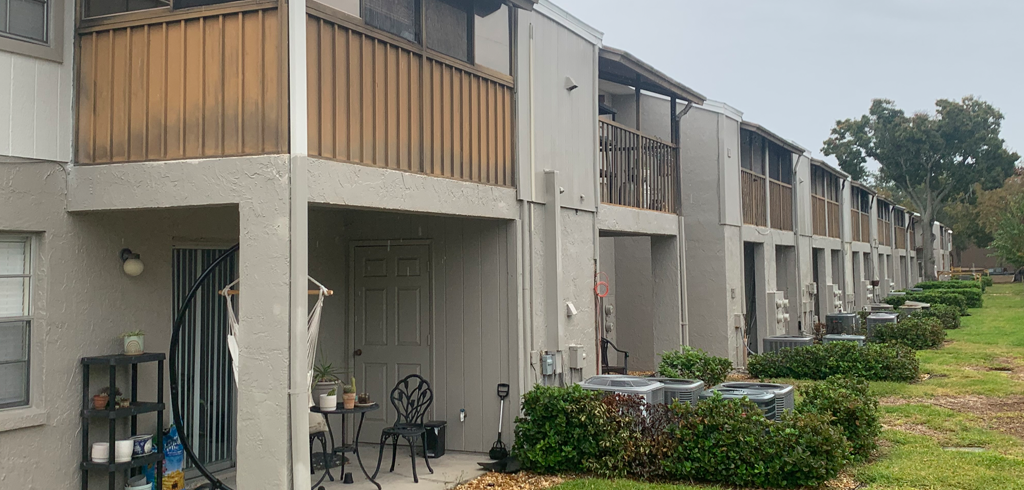The Differences Between Capital Reserve Studies And Replacement Plans

Managing the long-term financial health of a property or organization often requires careful planning, and two key tools can assist with this process: capital reserve studies and replacement plans. While both aim to prepare for future expenditures, they differ in scope, application, and the needs they address.
Understanding the distinctions between these options helps property managers and organizational leaders make informed decisions about the best approach for their situation.
What are Capital Reserve Studies?
Capital reserve studies are comprehensive financial evaluations primarily used by common interest communities such as homeowner associations and cooperatives.
These studies determine the funds needed to maintain and replace shared components over time, including roofing, painting, and parking lots. The study analyzes the useful life of each component and estimates replacement costs to provide a clear financial roadmap.
Capital reserve studies help communities avoid sudden financial strain when major components reach the end of their lifespan. Instead, they create a funding plan that allocates sufficient reserves to meet future needs without relying on special assessments from members. These studies are often legally required for communities to maintain financial stability and transparency.
What are Replacement Plans?
Replacement plans are generally more flexible and can be customized for a wide range of organizations, including schools, private clubs, and commercial properties. Unlike capital reserve studies, replacement plans are usually not mandated by state law but focus on specific assets and their expected replacement costs.
These plans outline the timeline and financial resources needed to replace aging assets. They help organizations manage long-term capital expenditures and budget for future needs. By forecasting when equipment or other major assets require replacement, replacement plans reduce the risk of unexpected costs and provide a clear strategy for financial planning.
Key Differences between Capital Reserve Studies and Replacement Plans
The primary difference between capital reserve studies and replacement plans lies in their scope and purpose. Capital reserve studies are typically required for communities such as homeowner associations and focus on shared assets, providing a detailed list of components that will need maintenance or replacement over time.
Replacement plans are more adaptable and allow organizations to define their own scope based on unique assets. These plans are useful for managing capital expenditures across an entire property or facility, from updating equipment to planning major renovations.
While capital reserve studies provide a standardized assessment for common areas, replacement plans offer broader long-term financial planning tailored to specific organizational needs.
How to Choose the Right Option for Your Needs
Selecting between a capital reserve study and a replacement plan depends on your property type and organizational requirements.
Communities or properties with shared common areas typically benefit from a capital reserve study, which presents a legally compliant, detailed roadmap for maintenance and replacement. Private organizations or entities with specific assets to manage may find replacement plans better suited to their needs. These plans provide flexibility and customization for long-term planning.
Both capital reserve studies and replacement plans support financial preparedness, but understanding the unique requirements of your property is critical. Consult with an expert to determine which option aligns with your goals and promotes sustained financial health.
Protect Your Building’s Future with Florida Reserve Studies
At Stone Building Solutions, we specialize in Florida reserve studies that offer an in-depth, reliable assessment of your building’s needs. By understanding the specifics of your property, we help you plan for the future with clear financial projections and detailed recommendations.
In addition to reserve studies, we also provide engineering services, structural inspections in New Jersey, assessments and drawings, and construction monitoring. These services work together to give a comprehensive approach to your property’s long-term maintenance and safety.
Contact us today to learn how our Florida reserve studies can help you manage your building’s long-term maintenance and replacement needs. We are here to assist with all your engineering and financial planning requirements.
